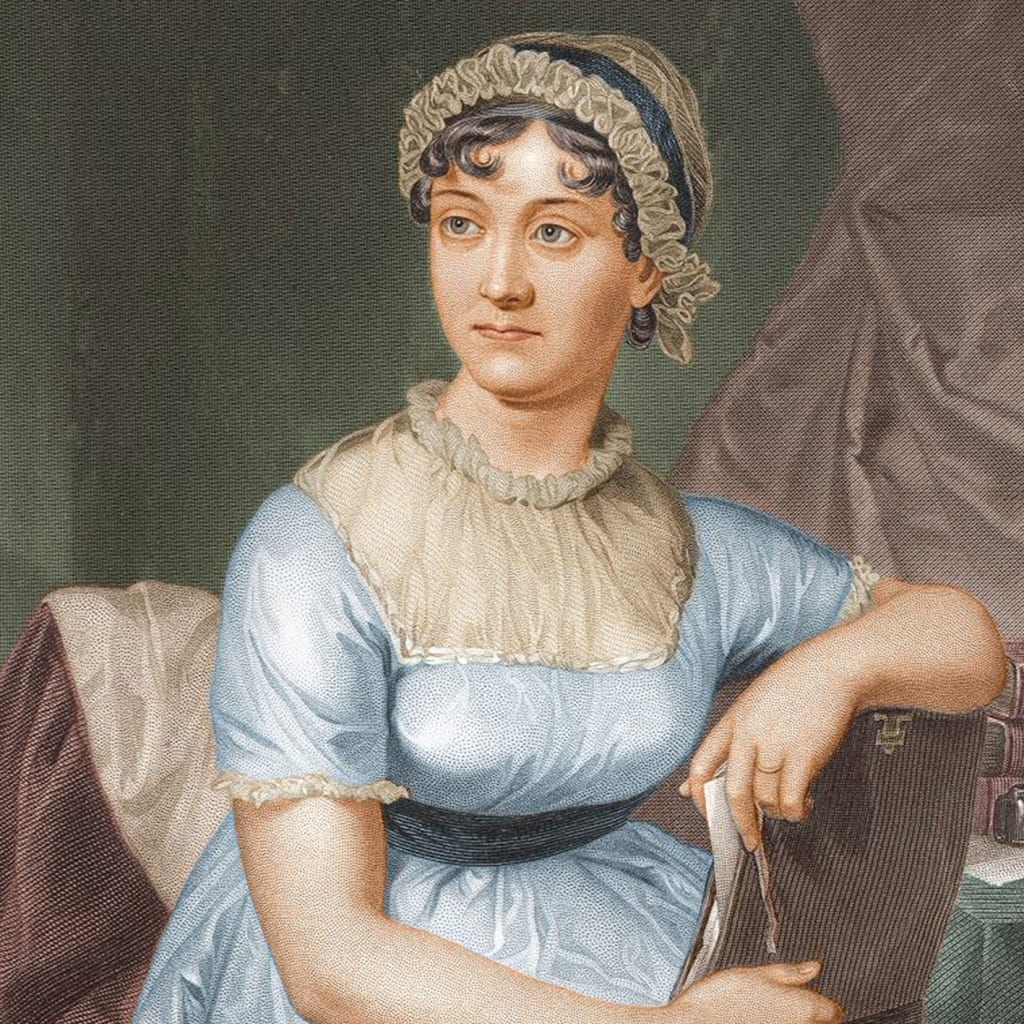What We Can Learn from the Literary Life of Jane Austen
3 tips to improve your writing

It is a truth universally acknowledged that Jane Austen is one of the best romance writers of all time. She was the second youngest of a large family, her parents having connections to the aristocracy of England. However, compared to the Bingleys and Darcys of Austen’s social circle, her family was what we might today call middle-class, with her father being a reverend. The family enjoyed acting, which likely inspired Austen’s love of storytelling.
Austen’s childhood also coincided with an era of immense social and political upheaval throughout Europe and North America — changes she would arguably contemplate in her writing.
Thus she became one of the most prolific novelists of the nineteenth century and beyond, her impressive body of work gracing the stage and eventually the silver screen. Even over two centuries after her birth, new Austen-inspired spin-offs, movies, series, novels and fan fiction are continually released — which is good news for an Austen fangirl like myself.
Let us learn from Austen’s writing, so that perhaps we can one day follow in her literary footsteps.
Start Early
There is somewhat of a perception that youth equals immature writing. Jane Austen’s earliest works disprove this belief, even showing the merit in writing from a young age.
Austen wrote many humorous short stories for her family members from the age of eleven, including Jack & Alice; which was penned in honour of her elder brother, while he was serving in the navy. This short, satirical piece is reminiscent of Austen’s later work, where characters’ flaws are exaggerated and flamboyant. It is apparent that Austen began developing her unique voice at a young age: an accomplishment that would inevitably benefit her writing in the long run.
Of course, it isn’t always possible to start young. Many individuals discover their love of writing at an older age, drawing from their life experiences to create rich, beautiful stories.
However, beginning your writing journey as a young person can help you gain a unique voice and style earlier, allowing you to hone your craft. And there’s nothing like looking back at your past works and seeing how far you’ve come.
Write What You Know
One talent Austen possessed was her ability to make the tedious amusing. Her writing is concerned with the lives of women during the nineteenth century, highlighting their family lives, courtships, marriages and friendships. As a woman living through this time, Austen could represent the emotions, thoughts and exchanges of characters enduring those same aspects of life.
By observing her many brothers and the male relatives she grew up with, Austen also became talented at illustrating multi-dimensional male characters. Though Austen never married, her keen and sometimes critical observations of marriage and courtship permeate her writing, bringing her characters and settings to life.
She attended countless balls and social events that would become the settings of many memorable scenes in her work, including the iconic dance between Mr. Darcy and Lizzie Bennet: one of the most loved couples in romantic literature.
As any talented writer, Austen undoubtedly contemplated the complexities of the world around her, bringing to life even the most potentially dull of situations. In order to replicate this talent, ensure you gather information about your surroundings and note even the mundane occurrences.
Though it sounds awkward, carrying a notebook with you can help you get into the practice of this. Jot down snippets of conversations, situations and people you encounter throughout the day. Not only will your writing become more realistic, but you may also find some new story inspiration.
Learn From Others
As was previously mentioned, Austen was immersed in a well-read family from the beginning of her life. According to Patrice Hannon, her father Henry kept a comprehensive library at their home, familiarizing his daughter with the best novelists of their time.
Austen was a voracious reader. Other than Shakespeare and other classic literature, she read the work of other female novelists, including Charlotte Lennox, Hannah Cowley and Charlotte Smith. Popular gothic novels inspired her novel Northanger Abbey, which was written as a satire of the former.
It is of the utmost importance you, as a writer, dedicate ample time to ingesting the work of other authors. Reading excellent literature from a variety of genres will expand your vocabulary, strengthen your prose and better understand the mind of a reader.
Aim to read a new book or article as often as possible. Like Jane Austen, I am sure the practice will elevate your writing immeasurably.
About the Creator
Ilana Quinn
I am a student who loves writing about history, travel, faith and life experiences. Feel free to check out more of my writing at https://linktr.ee/ilanaquinn :)






Comments
There are no comments for this story
Be the first to respond and start the conversation.